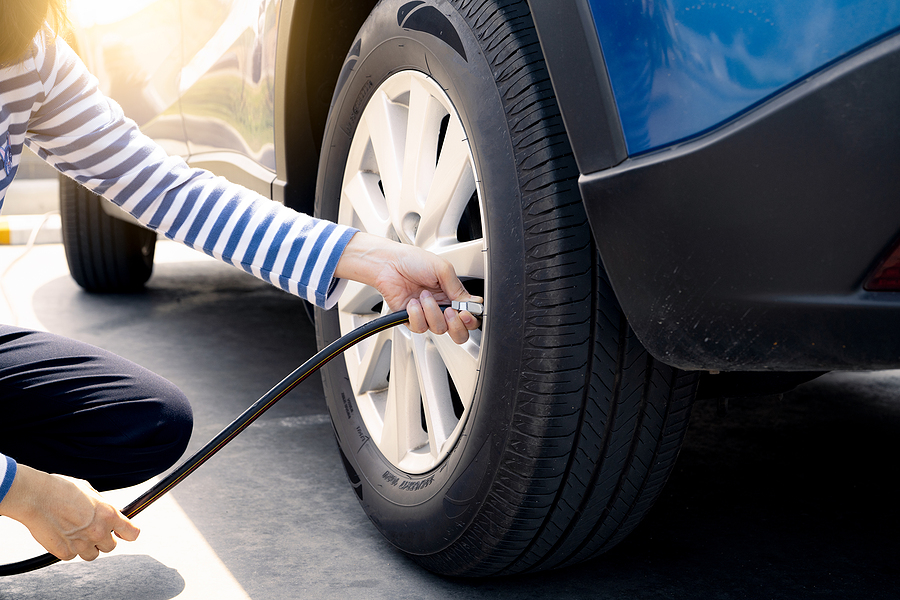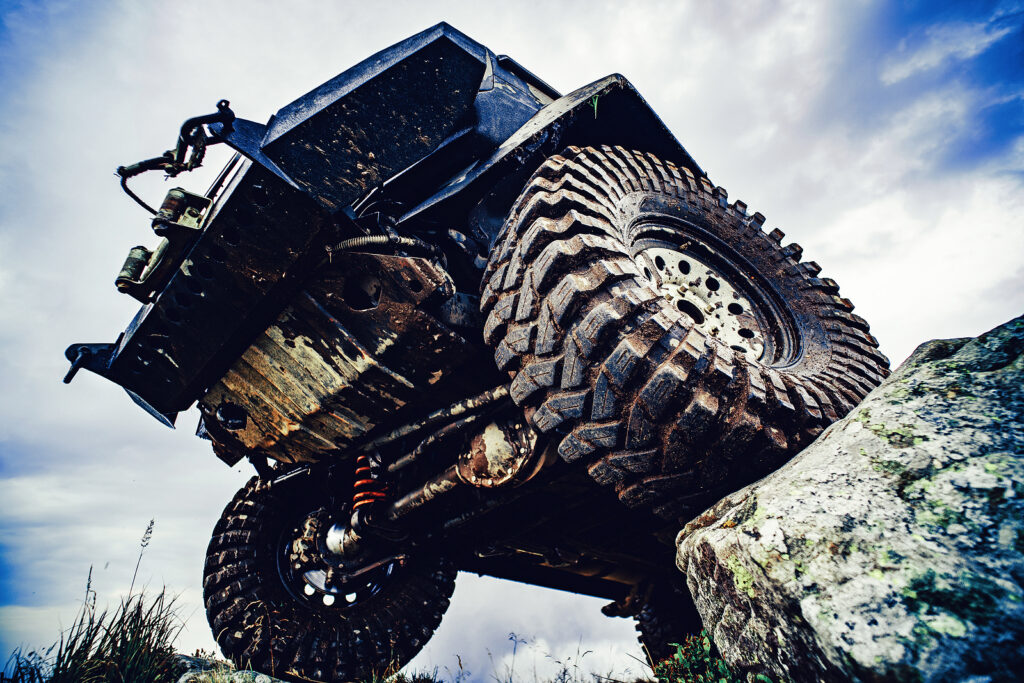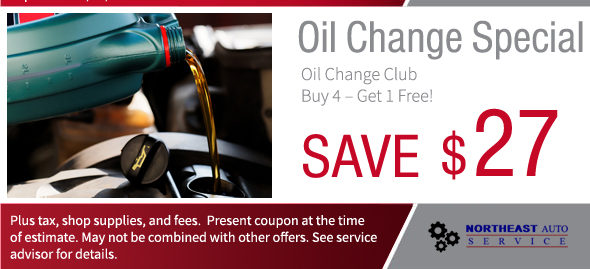Tire pressure might seem like a small detail in the grand scheme of car maintenance, but it holds immense power over your vehicle’s performance, safety, and longevity. Understanding and maintaining the correct tire pressure is essential for any driver, from daily commuters to car enthusiasts. This comprehensive guide will walk you through everything you need to know about tire pressure, ensuring your drive is smoother, safer, and more efficient.

The Basics of Tire Pressure and Why It Matters
Tire pressure is measured in pounds per square inch (PSI) and refers to the amount of air contained within your tires. Proper tire inflation is crucial as it affects the vehicle’s handling, fuel efficiency, tire wear, and your overall safety on the road. The recommended PSI levels vary depending on the vehicle, which you can usually find in the owner’s manual or on a sticker inside the driver’s side door.
How to Check Tire Pressure: Step-by-Step Guide
Checking tire pressure is a simple task that can save you a lot of trouble down the road. Fortunately, it is easy to accomplish regardless of your automotive knowledge. Here’s how to do it:
- Find the recommended PSI for your vehicle.
- Use a reliable tire pressure gauge. Digital gauges tend to be more accurate.
- Check the tires when they are cold for an accurate reading, as driving heats up the tires and increases pressure.
- Remove the cap from the valve stem on the tire, press the gauge evenly onto the valve, and read the pressure.
- Adjust the pressure if necessary, inflating or deflating to the recommended levels.
- Replace the valve caps to prevent dirt from entering.
Signs of Incorrect Tire Pressure and the Risks Involved
Inadequate tire pressure can manifest in various ways. Over-inflated tires can lead to reduced traction and excessive wear in the center of the tire, while under-inflation can cause increased wear on the edges, overheating, and even tire failure. Symptoms include unusual vibration, pulling to one side while driving, and abnormal tire wear.
Adjusting Tire Pressure for Winter and Summer
Temperature changes can significantly affect tire pressure. In colder months, tires may lose pressure, necessitating more frequent checks and adjustments. Conversely, in warmer weather, tire pressure can increase. Adjusting your tire pressure with the change of seasons ensures optimal performance and safety year-round.
Best Practices for Maintaining Optimal Tire Pressure
- Regularly check the tire pressure at least once a month and before long trips.
- Keep a tire pressure gauge in your vehicle for easy access.
- Be aware of your vehicle’s load capacity and adjust the tire pressure accordingly when carrying additional weight.
- Inspect tires for signs of wear or damage regularly.
Technology and Tools for Monitoring Tire Pressure
Many modern vehicles come equipped with a Tire Pressure Monitoring System (TPMS), which alerts you when tire pressure is low. However, not all TPMS provide real-time pressure readings, so a manual check with a gauge is beneficial. Smart tire gauges and mobile apps are also available for those who prefer a more tech-savvy approach.
Routine Tire Maintenance and its Importance
Beyond keeping an eye on tire pressure, regular tire rotation, balance, and alignment checks are vital for even tire wear and extended tire life. These practices, along with proper tire pressure maintenance, can greatly improve your vehicle’s handling, fuel economy, and safety.
Conclusion
Proper tire care and maintenance are key responsibilities of every driver. By understanding and maintaining the correct tire pressure, you contribute to safer roads, lower fuel costs, and a smaller carbon footprint. Remember, your vehicle’s performance and safety are riding on your tires.
We encourage you to take a moment today to check your tire pressure. If you suspect that your tires need some professional attention, let us help. Contact Northeast Auto Service at 317-475-1846 for professional, ASE-licensed car maintenance and automotive repair in Indianapolis, Indiana. Check out our auto shop coupons, too!
Related Posts:
7 Tips for Making Sure Your Tires Last Longer
Are Bigger Tires More Fuel Efficient?
When Should I Rotate and Balance My Car Tires?



